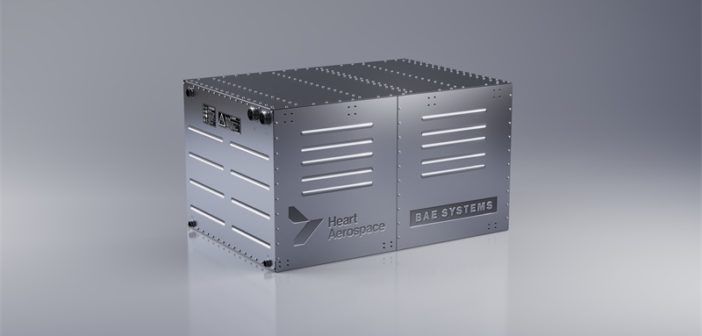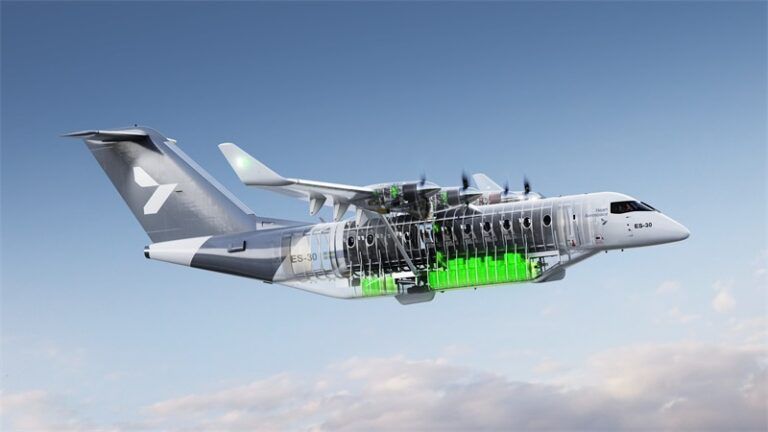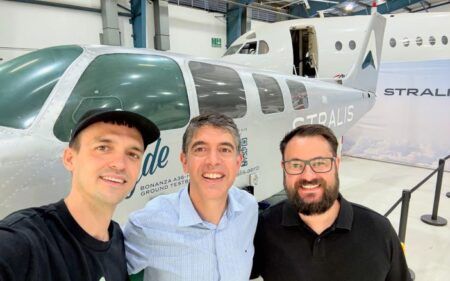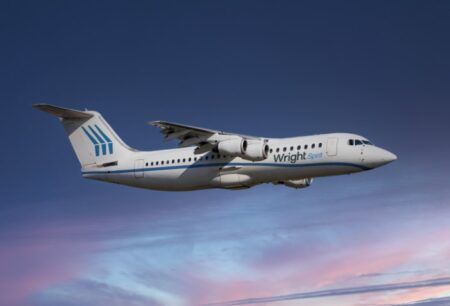BAE Systems is partnering with Swedish startup Heart Aerospace to develop the battery system for Heart’s ES-30 regional hybrid electric aircraft.
Heart, which is based in Gothenburg and was founded in 2018 is developing the ES-30 as a conventional fixed-wing aircraft with four electric motors powered by batteries and a reserve-hybrid system consisting of two turbo generators powered by sustainable aviation fuel. The 30-passenger airplane has a planned electric-only range of 200km (125 miles) and an extended range of 400km (250 miles) in hybrid mode with the capability to fly up to 800km (500 miles) with 25 passengers.
Ehtisham Siddiqui, vice president and general manager of Controls and Avionics Solutions at BAE Systems said, “Our industry-leading solution builds on decades of expertise delivering technologies and systems needed to progress sustainable transportation.
“We are delighted to collaborate with Heart Aerospace on the innovative battery system for its electric airplane.”
BAE Systems supplies battery systems for large, heavy-duty industrial vehicles and is expected to tap into that expertise to assist with the ES-30’s battery system. Work on the program will be conducted at the company’s facility in Endicott, New York.

Sofia Graflund, chief operating officer at Heart Aerospace said, “BAE Systems’ extensive experience in developing batteries for heavy-duty ground applications and their experience in developing safety critical control systems for aerospace make them an ideal partner in this important next step for the ES-30 and for the aviation industry. We look forward to decarbonizing air travel together.”
Heart Aerospace was developing a 19-seater version of its aircraft, but upgraded the design to 30 seats last September. Air Canada and Saab are investors in the company.
The company also switched to developing the aircraft to EASA’s CS-25 standard for larger aircraft and moved its expected entry into service from 2026 to 2028.
According to Heart Aerospace it has a total of 230 orders and 100 options for the ES-30, along with letters of intent for an additional 108 aircraft.





